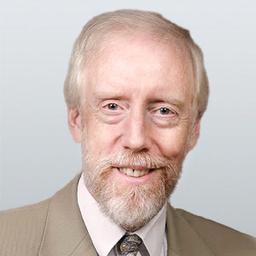By promoting the hypothesis that humanity controls Earth’s climate, Pope Francis and United Nations Secretary General Ban Ki-moon undermine many of the goals of the Sustainable Development Summit, held on Sept. 25–27 in New York.
On Friday, Sept. 25, the U.N. General Assembly formally adopted the 2030 Agenda for Sustainable Development. The 2030 Agenda includes 17 goals and 169 targets “to wipe out poverty, fight inequality, and tackle climate change over the next 15 years.”
Although many Agenda objectives are crucially important—health promotion, hunger alleviation, and access to clean water, sanitation, and affordable energy, for example—goal No. 13 threatens to undo the lot.
Goal 13, “Take urgent action to combat climate change and its impacts,” includes the following note: “acknowledging that the United Nations Framework Convention on Climate Change [UNFCCC] is the primary international, intergovernmental forum for negotiating the global response to climate change.”
And there’s the rub. If goal 13 were focussed exclusively on helping vulnerable populations adapt to climate change, there would be no problem. While adaptation is already included in goal 1 (ending poverty), goal 2 (hunger), and goal 11 (improving cities), and so is not really needed as a separate objective, it does not imperil the accomplishment of other goals. However, by saying that goal 13 is driven by the UNFCCC, it becomes a serious threat to most of the rest.
In 1990, the First Assessment Report of the U.N. Intergovernmental Panel on Climate Change stated, “It is not possible at this time to attribute all, or even a large part, of the observed global-mean warming to [an] enhanced greenhouse effect on the basis of the observational data currently available.” Scientists didn’t know what, if any, greenhouse gas (GHG) levels would cause dangerous climate change.





